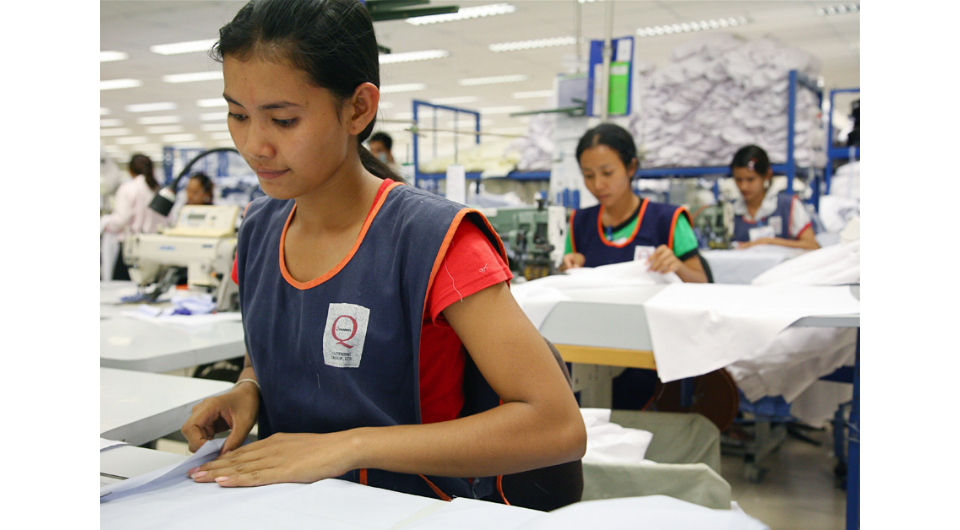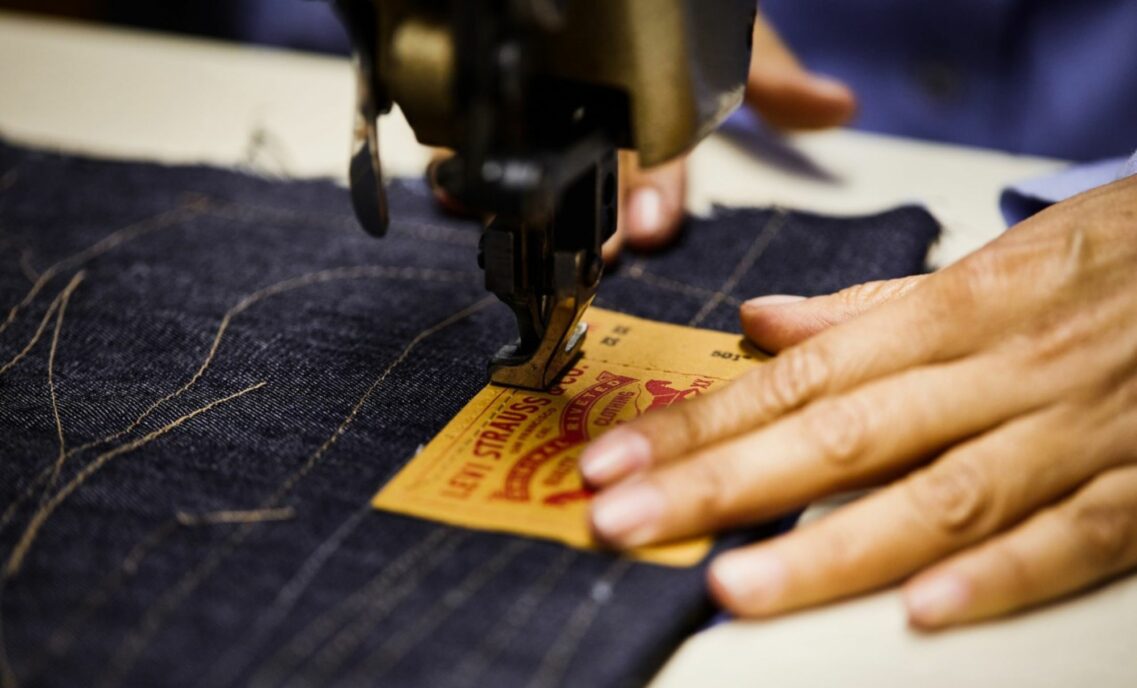The garment and textile industry employs 60 million people around the world. Many of them are young women with few opportunities to earn their own income and be independent. IFC, the member of the World Bank Group focused on private sector development, invests in the garment industry because it provides formal jobs for low-skilled workers, jobs needed to end poverty and boost shared prosperity.
To achieve these twin goals, investments must be sustainable in terms of financial profitability and strong environment and social performance. This can be a challenge in places where laws and governance are weak—exactly those places where poverty is widespread and investment and jobs are most needed. It is particularly a challenge in the garment industry, where intense competition leads some companies to disregard fire and building safety and worker rights. Audits and supervision are important, but suppliers also need financing to invest in factory upgrades and financial incentives to encourage them to make investments in better working conditions.
We are very excited to work with Levi Strauss & Co, an industry leader in working with suppliers to improve environment and social compliance, to roll out a new kind of supplier financing. For the very first time, we are offering a direct financial incentive to improve environment and social standards in the ready-made garment industry through IFC’s $500 million Global Trade Supplier Finance program. This program provides short-term finance to emerging-market suppliers and small- and mid-sized exporters. It operates on an electronic platform called GT Nexus, infrastructure which allows buyers, suppliers, agents, cargo forwarders and other logistics providers to collaborate and manage the flow of goods, funds and trade information.
IFC will offer lower interest rates to suppliers who score better under LS&Co.’s sophisticated evaluation system for labor, health, safety, and environmental performance. In the intensely competitive garment industry, access to lower cost financing is an advantage for suppliers. And the benefits go beyond money. Suppliers can differentiate themselves from competitors through the validation of the environment and social ratings.
IFC has over 50 years of experience investing in developing countries. This experience has shown that profitability correlates with strong environmental and social performance. Profitable companies hire more people, invest in workers, and usually don’t cut corners on managing environmental and social risks. Responsible companies create value by reducing waste and costs, investing in productive workers, and through brand loyalty.
The success of the Better Work Initiative, a joint initiative of IFC and the International Labor Organization (ILO) to promote better standards in textile industries in developing countries, reflects an increasing recognition of the business value of sustainability. We were proud to present the program jointly with LS&Co. before companies attending the ILO/IFC Better Work Buyers’ Forum in New York City this week.
Scale is crucial for IFC to realize its goals for development. We hope that other partners of Better Work and major international apparel brands will follow the lead of LS&Co., and work with us to offer reduced cost financing as a reward to suppliers with top standards compliance.
ABOUT THE AUTHOR
 Farzin Mirmotahari has led IFC’s work on supply chain finance development in the garment and textile sector for the last five years. Previously he worked on IFC’s Linkages Program, which helped IFC investment clients increase the participation of local and SME suppliers in large, global supply chains, and enabled more people in developing countries to share in the benefits of economic growth and investment.
Farzin Mirmotahari has led IFC’s work on supply chain finance development in the garment and textile sector for the last five years. Previously he worked on IFC’s Linkages Program, which helped IFC investment clients increase the participation of local and SME suppliers in large, global supply chains, and enabled more people in developing countries to share in the benefits of economic growth and investment.







